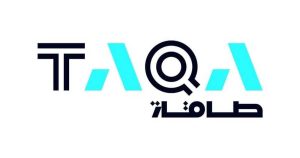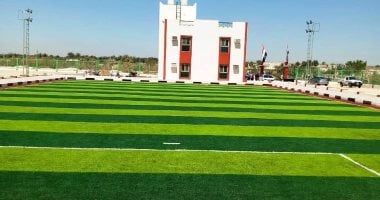Despite tangible achievements on the ground in Aswan’s villages under the presidential initiative ‘Decent Life’, challenges remain and efforts continue to overcome obstacles and complete remaining infrastructure projects, primarily drinking water and sanitation projects.
While Aswan citizens await the fruits of these efforts in the form of better daily services and a more dignified life, coordination meetings and field follow-ups continue to ensure faster work pace and remove all obstacles to implementation, translating the state’s vision of building the ‘New Republic’ into reality.
Major General Ismail Kamal, Governor of Aswan, stated that the current period requires more serious community participation to overcome obstacles and complete remaining projects within set deadlines, emphasizing that these efforts benefit the Aswan citizen who awaits the fruits of these achievements.
He added, “We appreciate the efforts exerted by the National Authority for Drinking Water and Sanitation and its partners from ministries and national companies during the past period, but at the same time, we realize that the volume of projects under implementation requires all of us—government, local community, and village residents—to work as one team. The success of the presidential initiative depends on cohesion and cooperation, especially since the citizen only feels the value of the effort when the project is actually operated and enters service.”
The governor pointed out that there is close follow-up from Prime Minister Dr. Mostafa Madbouly, as well as from Lieutenant General Mohamed Higazy, Assistant to the President for the Decent Life Initiative. The governorate provides full support and facilitates removing any obstacles delaying implementation, with continued coordination with security agencies to ensure work proceeds according to timelines.
Villages and centers in Aswan witness the implementation of dozens of projects in the drinking water and sanitation sector, which suffered for decades from deteriorated infrastructure and lack of services, especially in remote villages. Governorate data indicate that implementation rates in many of these projects have exceeded 70%, with some entering trial operation phases.
The triple treatment plant project in Iqlit village, Kom Ombo center, is one of the most prominent achievements, serving thousands of citizens and ending chronic sanitation problems in the area. Work is also underway to extend and reinforce drinking water networks in Daraw and Nasr al-Nuba villages to meet the increasing needs of residents for clean water.
The governor stressed the importance of citizen participation in the success of the initiative, commenting: “The biggest challenge now is to prioritize the public interest over any personal considerations. The success of these projects depends on the cooperation and understanding of residents regarding the nature of the work, whether by facilitating equipment passage or removing encroachments that hinder implementation. We are not asking for the impossible, but we ask everyone to be true partners in development.”
Kamal confirmed that the upcoming phase will witness intensive field visits to work sites to ensure progress on the ground, adding: “We want citizens to feel the difference in living standards and service quality, which is the main goal the New Republic seeks to achieve.”
Inside Iqlit village in Kom Ombo, Walid Babker, a resident, said there is a big difference between past and present, and the presidential initiative has made this difference, solving many problems that residents suffered from for decades. With the operation of these projects, people will feel more the importance of the presidential initiative and the difference it made in fulfilling the dreams of these long-marginalized communities.
He pointed out that the remaining issue is the speed of completing these projects and connecting utilities so that the main village road can be leveled and repaved after about five years of being broken and obstructed by excavation work, resulting in potholes and bumps making it unsuitable for passage, causing harm to people and vehicles and increasing travel time to Kom Ombo city, the nearest residential city to the village.
He commented, “We see tangible changes in infrastructure, and although there is some delay in some projects, we feel seriousness from the officials, and the governor follows up personally.”
The governor explained that the ‘Decent Life’ initiative launched by President Abdel Fattah El-Sisi in 2019 is one of the largest development projects in Egypt’s history, targeting improving the lives of more than 60 million citizens in rural Egyptian villages. In Aswan alone, the current phase includes hundreds of projects in health, education, roads, electricity, and housing, with drinking water and sanitation sectors remaining top priorities due to their direct link to citizens’ health.
The governor concluded, “We have a golden opportunity to change the face of Aswan’s countryside, and if we all unite—state and society—we will be able to complete the remaining projects and put them into service for the benefit of the citizen who deserves to live a decent life in every sense of the word.”













Recommended for you
Exhibition City Completes About 80% of Preparations for the Damascus International Fair Launch
Talib Al-Rifai Chronicles Kuwaiti Art Heritage in "Doukhi.. Tasaseem Al-Saba"
Unified Admission Applications Start Tuesday with 640 Students to be Accepted in Medicine
Egypt Post: We Have Over 10 Million Customers in Savings Accounts and Offer Daily, Monthly, and Annual Returns
His Highness Sheikh Isa bin Salman bin Hamad Al Khalifa Receives the United States Ambassador to the Kingdom of Bahrain
Al-Jaghbeer: The Industrial Sector Leads Economic Growth